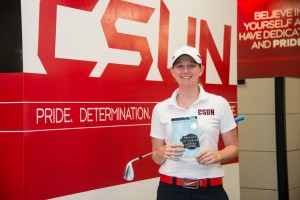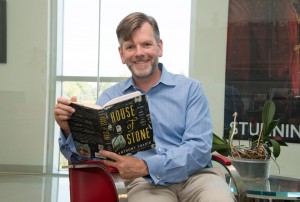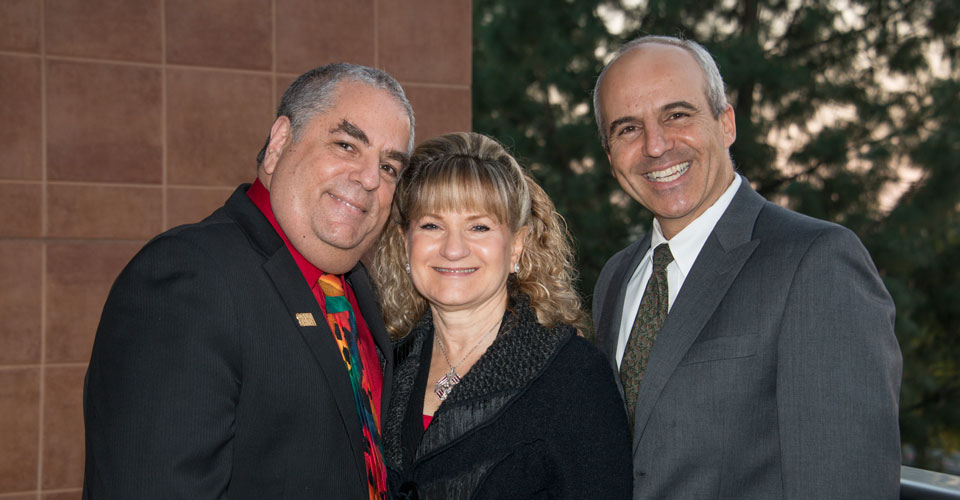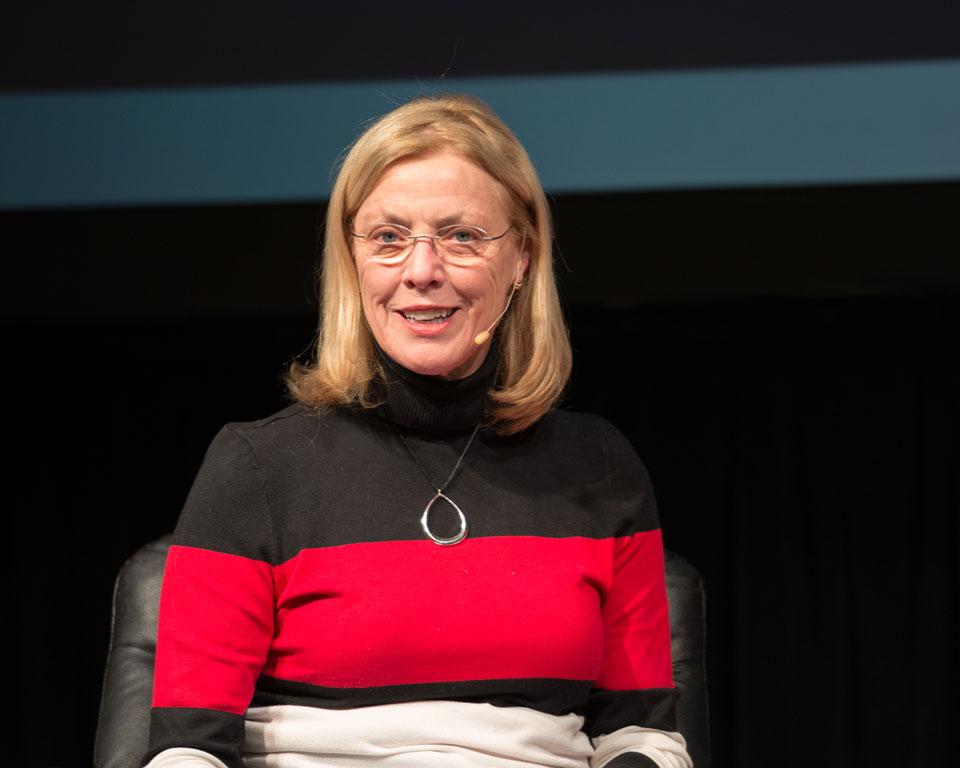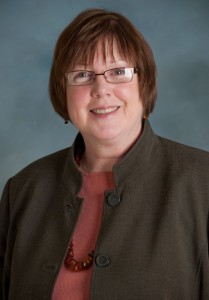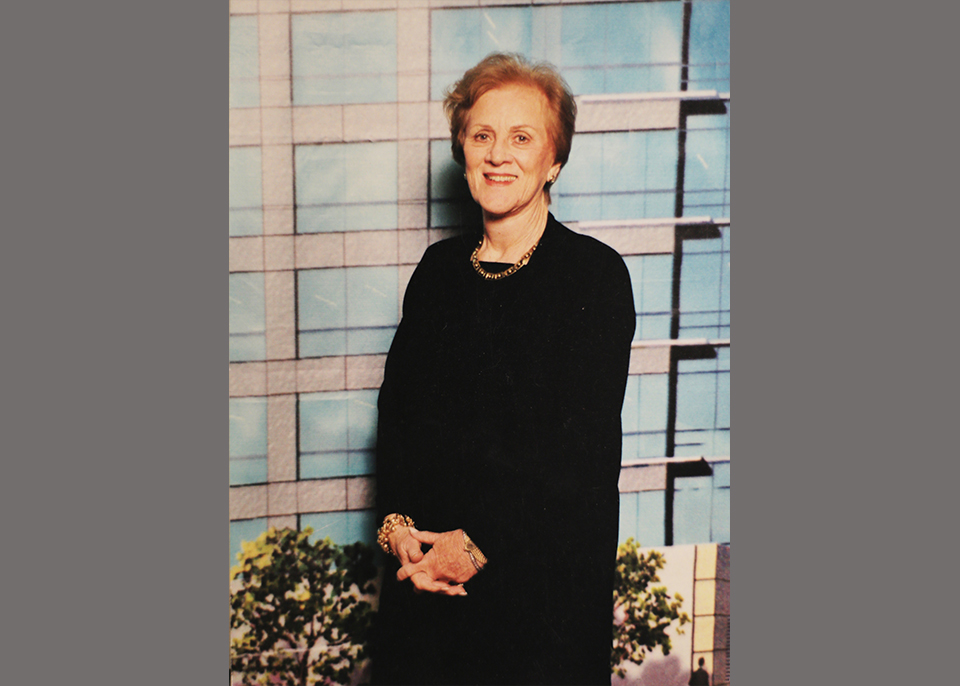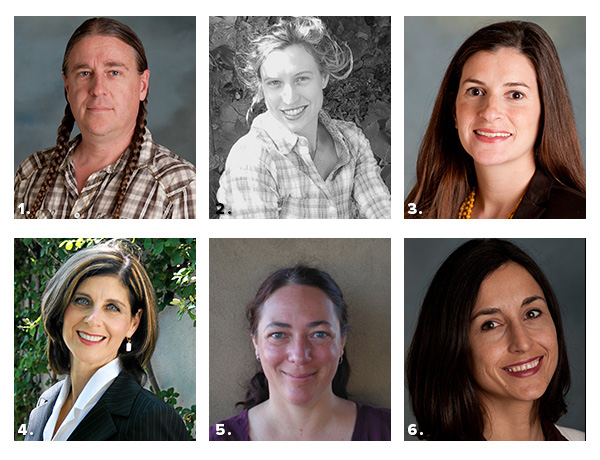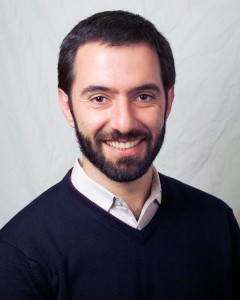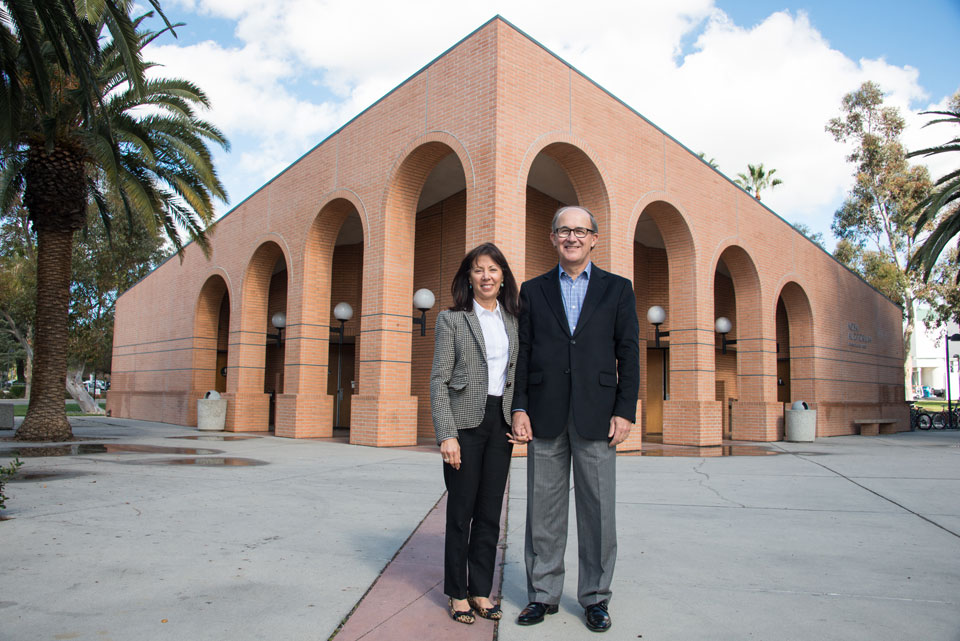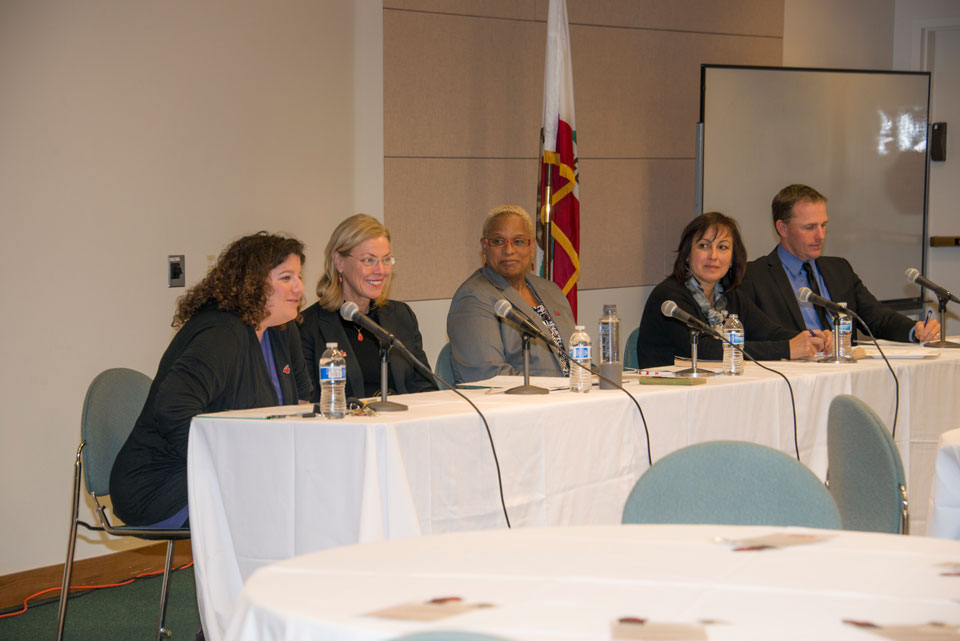
“Reading is to the mind what exercise is to the body.” –Joseph Addison
With those words from Addison, a 17th-century writer, Delmar T. Oviatt Library Dean Mark Stover kicked off the first installment of the Read to Lead initiative, which brings together several California State University, Northridge campus leaders to discuss some of their favorite books and how those written works helped shape their leadership skills.
Four members of the CSUN campus community — President Dianne F. Harrison, College of Health and Human Development Dean Sylvia Alva, University Student Union Executive Director Debra Hammond and CSUN baseball coach Greg Moore — were the first panelists to take part in the program, a partnership between CSUN Athletics and the Oviatt Library. Several other panels are planned for the remainder of the school year, with more than a dozen additional campus leaders participating.
The Nov. 18 panel discussion included each of the four guests taking some time to talk about their respective books and their influence. Lynn Lampert, interim associate dean of the library, began the discussion with a famous quote of her own:
“Not all readers are leaders, but all leaders are readers,” said Lampert, quoting President Harry S. Truman.
Harrison led off the discussion with observations on her two chosen books, To Kill a Mockingbird and The Diary of Anne Frank. The CSUN President said that when she was asked to take part in this initiative, she looked for leadership qualities in characters within more traditional books.
“I find I gain a lot more about values and leadership, in particular, in other types of literature,” Harrison said. “In To Kill a Mockingbird, what kind of leader was Atticus? He had a moral compass and the courage to make a tough decision, to stay with it when it wasn’t popular, when it went all against the grain to do the right thing. That, to me, is leadership.”
For the other novel, Harrison mentioned reading The Diary of Anne Frank when she was a teenager, and that she’d reread it multiple times since.
“Why Anne Frank? Why leadership?” Harrison asked, rhetorically. “Good heavens, all the lessons we can learn from the power of her words and her lessons in courage. Believing in good when she was in a position when it was so easy for her not to. For a young woman, she really influenced me tremendously, and continues to influence me truly to this day. When someone is in a situation that is really difficult and still can think about the good in people, I find that remarkable.”
Alva mentioned that her favorite genre of books is autobiographies, and she recently had finished the memoir of Supreme Court Justice Sonia Sotomayor. For Read to Lead, Alva talked about how Crucial Conversations: Tools for Talking When Stakes are High can occur in everyday life, and not just in perceived moments involving political leaders or others on a global scale.
“One of the things that this book has brought home for me is that crucial conversations are those day-in and day-out conversations that if we learn to do them well, really bring meaning and quality to our lives,” Alva said. “When I read this book, it helped me reflect back and think about my role even as a parent.”
For Hammond, the book The Corporate Mystic: A Guidebook for Visionaries with Their Feet on the Ground gave guidance for developing the type of organization a leader would want to create.
“It’s more about a spiritual approach to work,” Hammond said. “For me, spirituality means your essence, why you’re doing what you’re doing. What’s your contribution?
“Probably one of the most interesting parts of this book talks about holding the paradox of life, looking at the big picture, strategic visions and where you want to be. At the same time, having enough foresight for when to get into the weeds, because sometimes you have to do that.”
Moore hit cleanup in this group, speaking about the Steven Covey book The 7 Habits of Highly Effective People: Powerful Lessons in Personal Change, which the baseball coach said he discovered when he was developing a master’s thesis centered around a nine-inning instructional course — with each inning being a different portion of the curriculum. He incorporated the book into that course, and Moore noted that there are important messages throughout the book that he still teaches to this day.
“Be proactive. Get out of bed and do it,” Moore said. “Some of these great lessons that even now I don’t fully grasp, they’re so powerful. The most powerful for our athletes and now our students — we’ve taken this to young people in general — it’s the idea of understanding first and then expressing yourself.”
CSUN Director of Intercollegiate Athletics Brandon E. Martin closed out the session by pointing out that through partnerships such as the one that spawned Read to Lead, “CSUN got better today from what we learned.” He said he looks forward to future events, when other leaders will offer their own perspectives on different literary works.
“Being mindful of Dr. Harrison’s vision for our university, Dean Stover and I wanted to create a program that would leave an indelible imprint on our students, faculty and staff, with reading being the catalyst for advancement, for growth and change in all aspects for our university,” Martin said. “But now there’s accountability. I encourage all of you to select a book that will aid you in being a leader. It’s our job as change agents to change the world, especially with our students. This morning, we learned about the power of reading, and it’s our job to seek comprehensive excellence in all aspects of our lives.”





